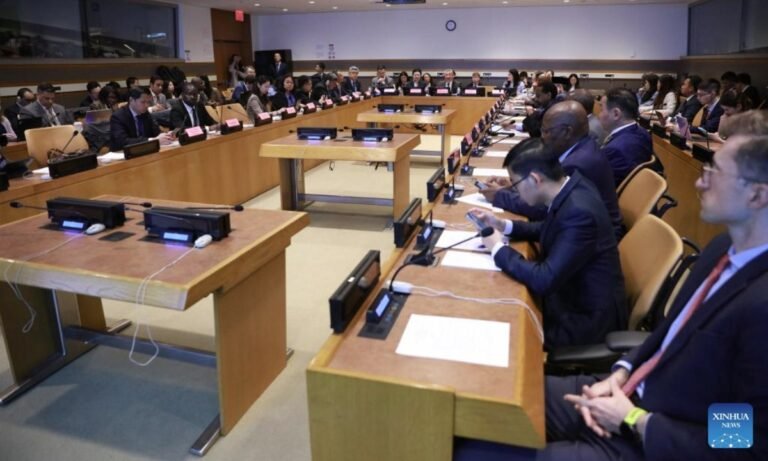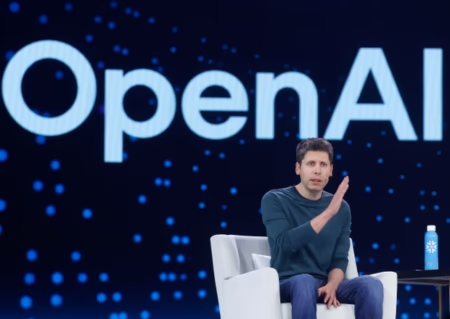China has confirmed its strong support for the United Nations in leading global efforts to govern artificial intelligence (AI). The announcement came during a UN side event on Tuesday, where China’s UN envoy emphasized the need for international cooperation in AI development.
China Highlights UN’s Role in AI Leadership
Fu Cong, China’s permanent representative to the UN, spoke at a meeting of the Group of Friends for International Cooperation on AI Capacity-Building. He said AI is a powerful technology that is changing how people work and live. According to Fu, AI will play a major role in science, technology, and the global economy.
He explained that the world must work together to make sure AI brings benefits to everyone. Fu stressed the importance of letting all countries, especially developing ones, have a voice in global AI governance.
China’s Global AI Governance Initiative
In October 2023, China introduced the Global AI Governance Initiative. This plan suggests that decisions about AI should include everyone and aim to share benefits fairly. The initiative focuses on open cooperation, equal rights, and inclusive progress.
China believes AI should not just serve powerful countries or big companies. Instead, it should help solve global problems and improve lives around the world.
UN General Assembly Resolution on AI
Fu Cong pointed out that in July 2024, the UN General Assembly agreed on a resolution led by China and a core group of countries. This resolution focused on building skills and knowledge about AI in countries that need support.
Following this, China launched the “AI Capacity-Building Action Plan for Good and for All.” This plan supports training, education, and resources to help all countries use AI responsibly. China also joined with Zambia to start the Group of Friends for International Cooperation on AI Capacity-Building.
Building Partnerships and Sharing Knowledge
Since the resolution passed, China has hosted two international AI seminars. These events took place in Beijing and Shanghai, with more than 180 experts from over 40 countries attending. The meetings gave countries a chance to share ideas and best practices.
The goal is to make sure that AI development includes everyone and reduces global inequality. China says it wants no country or person to be left behind in the digital future.
Collecting Views from UN Members
In a further step, China and Zambia sent out questionnaires to UN member states and international groups. They asked for input on how the Group of Friends should move forward. Based on the feedback, China plans to host more regular activities. These will include talks, workshops, and training sessions.
China hopes this will encourage smart policymaking, stronger cooperation, and shared knowledge about how to use AI safely and fairly.
Focus on Fairness and Inclusion
Fu Cong repeated that China wants AI to be used for the good of all people. He said it is important to respect the rights of developing countries. These nations should be able to use and develop AI in fair conditions.
China also supports joint efforts to create global AI rules. It believes the UN is the right place for countries to come together and make decisions about AI.
A Shared Future in the Digital Age
China’s message is clear: international cooperation is key to the future of AI. With the UN at the center, countries can work together to guide AI in a way that helps everyone.
China has said it will continue to take action, not just make promises. Its recent events and partnerships show a strong commitment to fairness, training, and equal access.
As Fu Cong said, “We will continue to uphold fairness and inclusiveness.” He added that with teamwork, AI can support a more inclusive and helpful future for all.
A Call for Global Unity in AI Governance
The world is entering a new digital era. As AI grows, it brings both opportunities and risks. China is calling on countries to join hands and ensure that AI is used for peace, growth, and fairness.
Fu Cong expressed confidence that countries can work together for this goal. He said shared efforts will lead to AI systems that support all people, not just a few.







